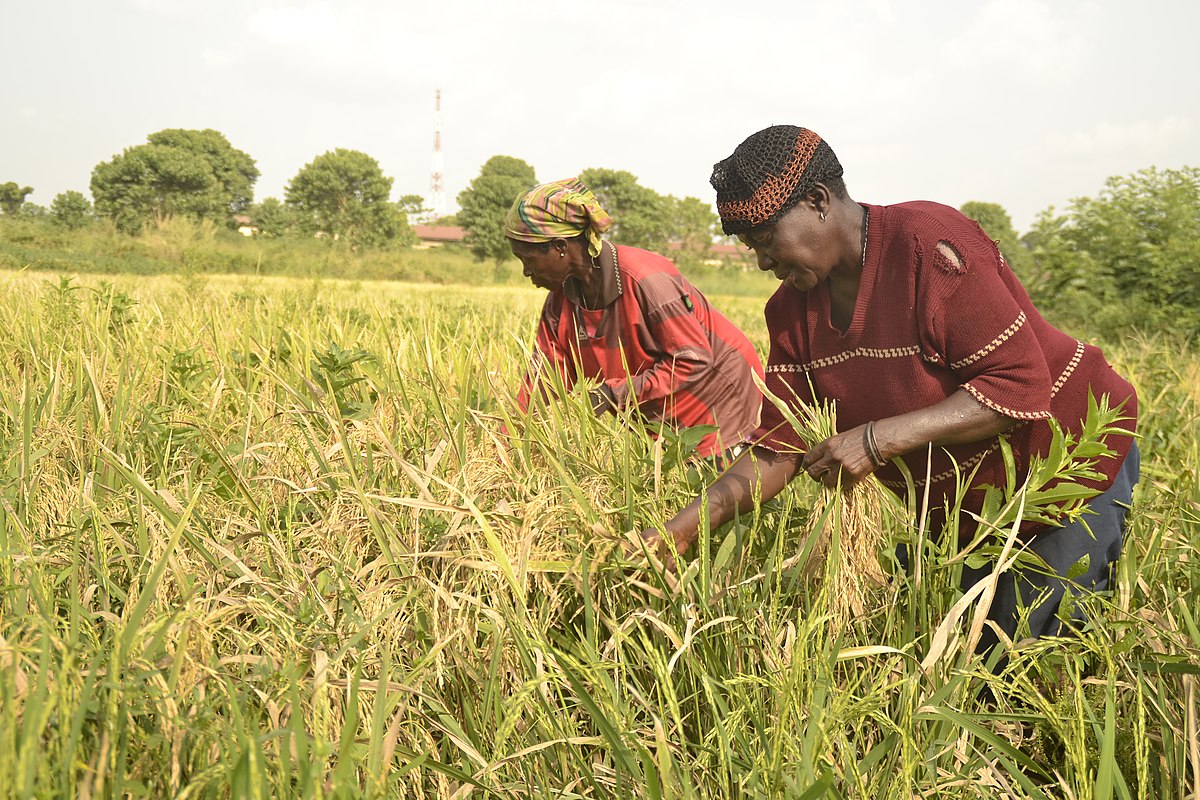Niger’s military government has implemented a ban on the export of rice, cereals, and other food items to all countries except for Burkina Faso and Mali.
This measure aims to safeguard local food supplies amid rising inflation for certain staples.
The export restrictions also include legumes like cowpea and cereals such as millet, sorghum, and corn.
Junta chief Abdourahamane Tiani took the measure “to protect the supply of the internal market” and “make the goods of mass consumption accessible”, the government said in a statement late on Wednesday.
“These prohibitions do not apply to exports” to Mali and Burkina Faso, Niger’s allied neighbours which are also ruled by military leaders who took power in coups, the statement added.
Violators of Niger’s export ban face penalties that include seizure of shipments and potential criminal charges.
As a crucial supplier of cereals, Niger significantly impacts neighboring countries, particularly Nigeria.
Despite the lifting of ECOWAS sanctions in February, supply disruptions continue to affect Nigerien markets, contributing to high inflation for key products like rice.
The closure of the Niger-Benin border has further disrupted food supplies.
In response, the agriculture minister has pledged to purchase a portion of farmers’ harvests to bolster the country’s emergency reserves.
Despite the challenges posed by significant flooding, which has displaced 1.5 million people and resulted in 339 deaths, the ministry remains hopeful for good agricultural yields this season.
In response to the flooding crisis, authorities in Niamey have announced a 35 percent reduction in cement prices to assist those affected in rebuilding their homes.
Scientists have indicated that climate change, driven by fossil fuel emissions, is contributing to more frequent and intense extreme weather events, including floods.










